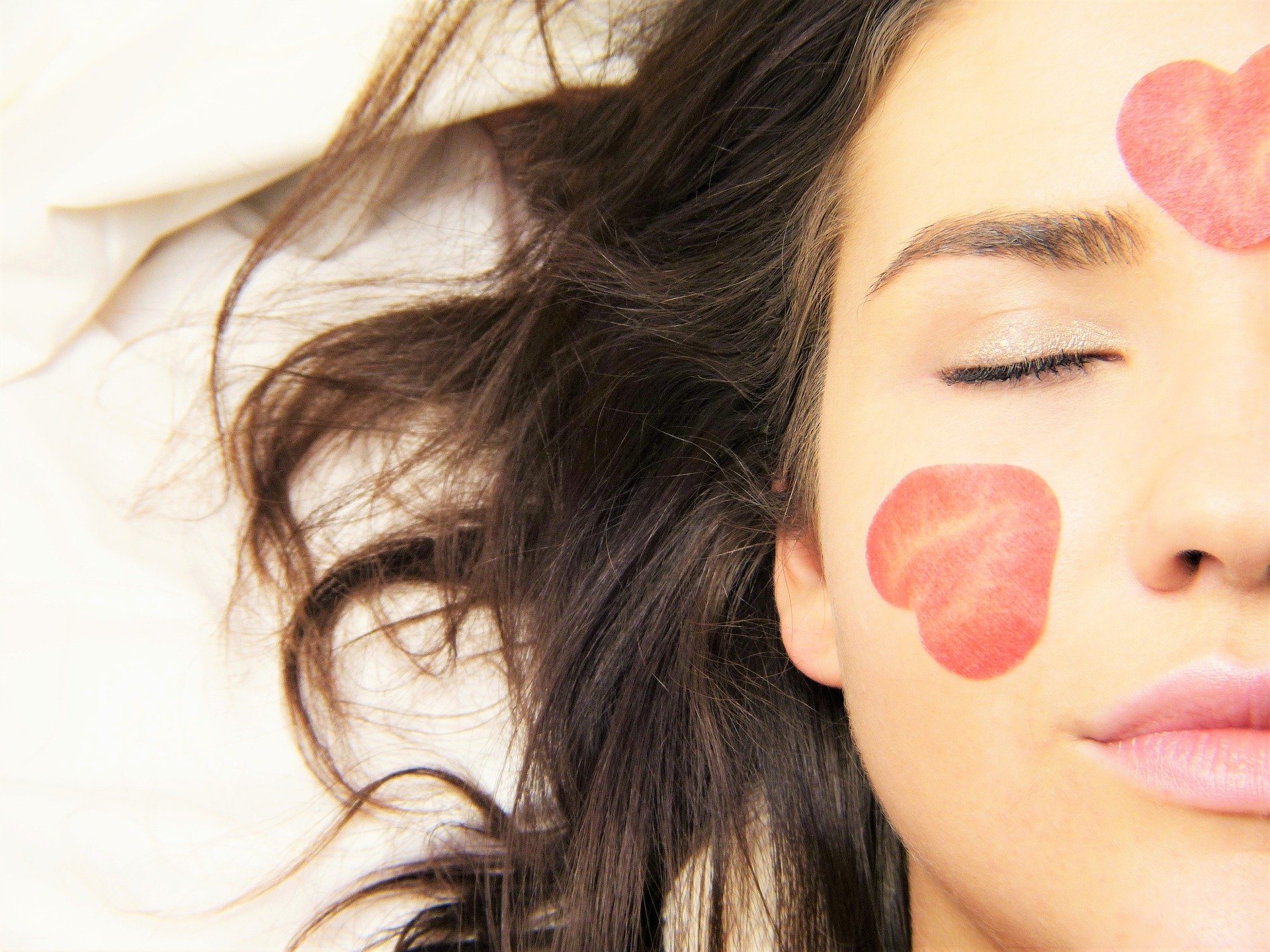Your skin type indicators and how to take a better care of your skin

If you want to have a healthy and beautiful skin, the best way is to take care of it yourself. If you are using the right skincare products, you can benefit from a healthy skin. If you feel you can do better, then check out these small improvements you could add into your skincare routine and know exactly what skin type you have.
About your skin and skin type
Our skin type is likely to develop slightly over time (and seasons), so you should always adapt your cosmetic products to your current skin type. If you don’t, even homemade / or purchased cosmetics can damage your skin and make it sensitive.
UV light from the sun and other factors such as stress, climate, air pollution, lifestyle, genes, nutrition and hormones can all contribute to how certain ingredients react or work on your skin.
Indicators of your skin type
Did you know that combination skin is the most common skin type? – but it is also the most difficult to care for, as the combination skin types (oily, sensitive, dry) have different needs. The dry spots need moisture, but too much can lead to excess oil in your T-Zone, causing blackheads to break out, etc.
Here are two indicators that may reveal your skin type
- Your genetics – for example, if your parents and grandparents had combination skin, most likely you have this skin type too.
- If you have very dilated large pores on your T-zone (which includes the forehead, nose, and chin), but everywhere else you can barely see them, most likely you have combination skin. If you have big dilated large pores almost everywhere, chances are you have an oily skin. If you don’t see big pores at all, chances are your skin is dry.

Skin type doesn’t mean skin condition
Do not confuse skin type with skin condition! Here are some clues that may change your skin condition, regardless of your skin type:
- Hormonal imbalances – pregnancy, stress, being overweight, birth control medications, exposure to toxins, allergies etc. The androgen levels can determine how much oil your skin can produce. To be aware of why your skin is behaving a certain way, and to have a better chance of taking care of it more effectively, you can ask constructive questions of yourself like:
- Am I under stress?
- Did I ate something strange?
- Am I getting my period?
- Have I been doing anything differently in the last few weeks?
- Weather or climate changes – your environment is a big factor in your skin’s health. If you live somewhere with drastic seasonal shifts or you travel to a new place with a different climate, you may pay attention to your skin reaction and what type of skin care product does it really need.
- Your aging process – as you age, you might find that your skin changes. You might also develop sensitivities to certain products or to elements.
- Starting/taking up new workout routines – sweating more at the gym.
- Taking up hot yoga, sauna or being exposed to sunlight more often might necessitate a change in your skin-care routine. You may need to take more care in cleansing and acne prevention if you’re going to be sweating a lot.
- Bad skin reactions – you may experience unpleasant side effects or sensitivity reactions to certain skincare products or maybe food allergies. It’s important to figure out what’s going on and consider switching a product that just did not resonate well with you when you tried it.
GOOD TO KNOW
After the age of 25, you start to lose production of collagen and elasticity in your skin and the production of sebum decreases a little, that’s why: the skin starts to thin and fine lines start to appear.
Many of us don’t understand their skin type, conditions and what ingredients work best for their skin. To have a healthy skin does not mean to use only natural skincare, but finding the skincare products that works best for you.
So dare to dream big, go outside the box, discover your skin’s needs and nurture it. Take care of yourself and build a self-care routine, just love yourself and put yourself first.


1 Comment
Tamiflu
September 18, 2020Moisture is key to caring for dry skin. Use lotions and rich creams to nourish your skin cells. If your skin feels dry but you still get breakouts, then you probably don’t truly have 100% dry skin. Rather, your skin may be feeling dry from the products you’re using. Try going without them for a few days and see if your skin improves.
Comments are closed.